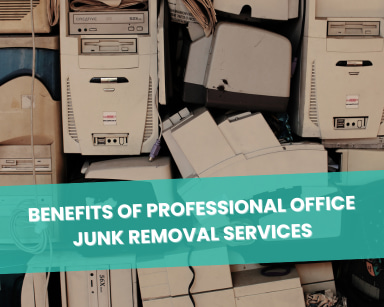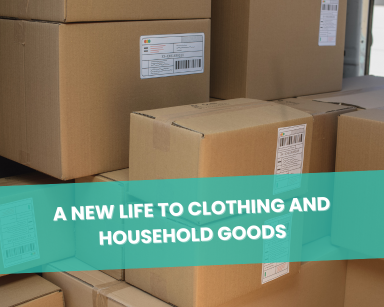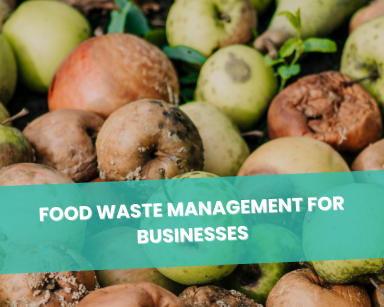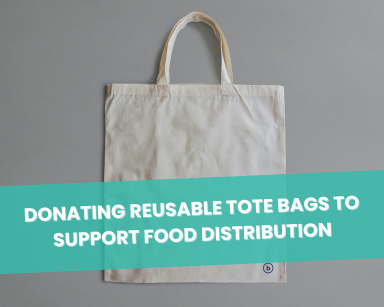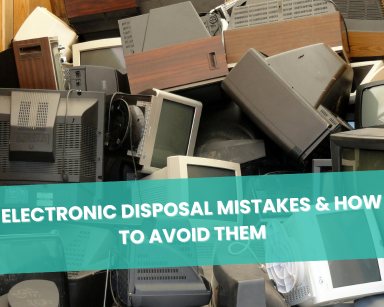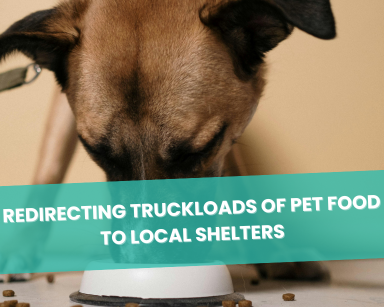California SB 1383 for Grocery Stores
Table of Contents
California SB 1383: Solutions for Grocery Stores
California is setting the tone for a more sustainable future, and the clarion call of change has been made loud and clear with the introduction of SB 1383. This groundbreaking regulation has far-reaching implications, and the grocery sector is right at its epicenter. If you manage or own a grocery store, understanding SB 1383 is not just a matter of compliance; it’s an opportunity to lead, innovate, and thrive in this new era.
SB 1383 Residential Impact: The Quiet Revolution in Our Backyards
The face of our residential waste management is undergoing a silent but impactful revolution. But what does that mean for grocery stores?
- Mandatory Organic Waste Collection: With residential areas having to segregate organic waste, consumers will be more conscious of the waste they produce. Expect a spike in demand for sustainable, minimal-waste products.
- Waste Awareness: As households get more acquainted with organic waste, grocery stores have the chance to educate and guide them. Interactive sessions, workshops, or even information corners about reducing food waste could become the next big thing in customer engagement.
A Timeline That Matters: When Was SB 1383 Passed?
Understanding when SB 1383 was passed can give grocery stores insights into the evolutionary journey of this regulation.
2016: This was the year when Governor Edmund Brown Jr. set the ball rolling. SB 1383 was not just another law; it was a commitment to a more sustainable future.
Implication for Grocery Stores: Being aware of the timeline helps in appreciating the pace of change. The early adopters of the 2016 regulation might already have a head start, but there’s still ample room for others to innovate and make a mark.
Innovations in Grocery Store Practices: Beyond Just Compliance
Grocery stores stand on the frontline of this change. It’s not just about ensuring the organic waste from the store is managed properly, but also about influencing consumer behavior.
- Bulk Buying Stations: Reduce packaging waste by introducing bulk buying options. Allow customers to bring their containers and fill up on staples like rice, grains, and pasta.
- Sustainable Product Ranges: Curate a range of products that are sustainably produced, packaged, and transported. This not only reduces waste but also caters to an increasingly eco-conscious consumer base.
- Food Waste Reduction Initiatives: Implement systems to monitor and manage perishables, ensuring they are sold or donated before they go bad.
The Green Aisle: A Paradigm Shift in Shopping
Today’s consumers aren’t just looking for fresh produce or the next sale – they’re looking for sustainable choices. Grocery stores can introduce a dedicated aisle showcasing eco-friendly products.
- Local Delights: Products that are sourced within a 100-mile radius. Reducing transportation emissions and supporting local economies.
- Zero Waste: Goods that have minimal to no packaging or items that come in recyclable or reusable containers.
- Eco–brands: A dedicated space for brands known for their sustainable sourcing, production, and packaging processes.
Partnering with Local Entities: A Win-Win Situation
Grocery stores can bridge the gap between waste producers (consumers) and waste managers.
- Local Farmers: By collaborating with local farmers, grocery stores can ensure organic waste is transformed into compost, directly benefiting the agricultural sector.
- Educational Institutions: Partner with schools and colleges for educational programs on waste management. This not only builds a brand image but also instills sustainable habits in the younger generation.
Smart Tech for Smarter Stores: Integrating Sustainable Technologies
In an age of digital revolution, grocery stores can adopt various technologies to further their sustainability mission.
- Digital Receipts: Instead of paper bills, offer customers digital receipts sent directly to their emails, reducing paper usage.
- AI–Powered Inventory Management: Use AI to predict inventory needs, reducing food wastage due to overstocking.
- Energy–Efficient Store Designs: Adopt designs that utilize natural light, use renewable energy sources, and incorporate tech that reduces energy consumption.
Navigating the Regulatory Landscape: SB 1383 Fact Sheet and Beyond
While the main article dives deep into SB 1383’s technicalities, grocery stores must stay ahead by constantly updating their knowledge.
- Regular Training Sessions: For employees, to ensure everyone is on the same page about the latest regulations and store practices.
- Stay Updated: Regularly review updates to SB 1383 regulations and other relevant laws to ensure full compliance and to leverage new opportunities.
In Conclusion: Leading the Charge
SB 1383 is not just a challenge; it’s an opportunity. As grocery store owners or managers, the ball is in your court. Will you merely comply, or will you lead the charge, setting an example for others to follow? By embracing the change, you’re not just adhering to a law; you’re paving the way for a brighter, more sustainable future. So, let’s roll up those sleeves and get to work. The Golden State is watching.

